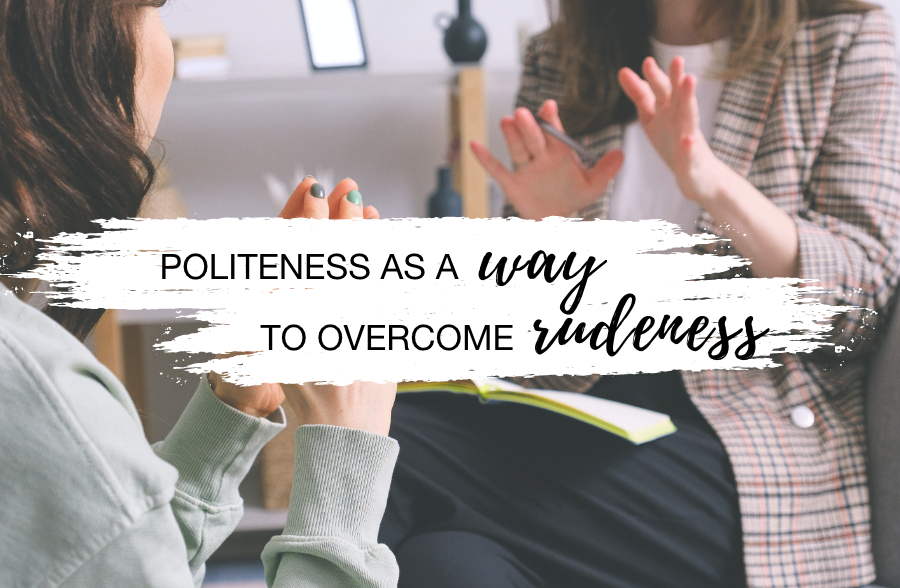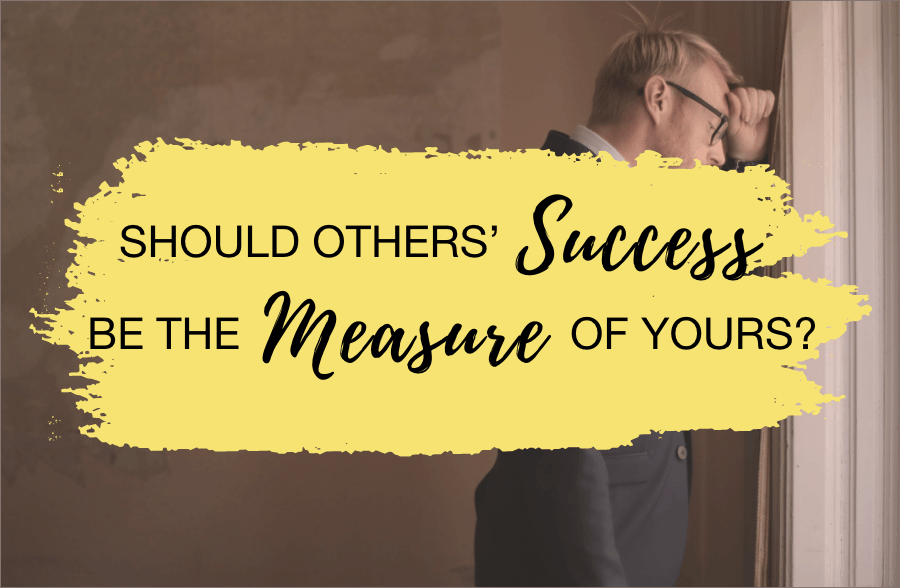Rude behavior happens frequently. Everywhere we go and with everyone we meet, being rude is an option. Depending on how we see it, rudeness has crucial features. Generally speaking, it’s best to avoid taking rudeness personally. If we look at the problem objectively, there are a lot of reasons why people frequently act rudely, even though being unpleasant is never appropriate. Issues ranging from personal to professional, having a bad day, etc.
It’s essential to control our emotions and avoid responding to rudeness with rudeness. When we react to rudeness with aggression, we often worsen the situation, leading to further conflict and negativity. Instead, responding with politeness can help defuse the situation and create a more positive environment for all parties involved. Politeness is a crucial aspect of our daily lives. It involves showing respect, consideration, and empathy towards others, which are essential qualities for building strong relationships based on mutual respect. When we practice politeness, we create a better working environment, improve our personal relationships, and enhance our overall quality of life.
Maintaining your calm is the first thing you should do while dealing with rudeness. If you react aggressively and explode, you’ll only make the situation worse. Keep your cool, pause, and take a few deep breaths before answering as an alternative. You will be able to reduce your stress and handle the issue at hand in a more responsible way by doing this.
As was said earlier, it’s uncommon for the other person’s rudeness to be specifically attributable to you. As such, you shouldn’t take it personally. Their rudeness frequently serves as a mirror of their own lack of self-assurance, negativity, or current struggles. Even though it may seem hard, try to be compassionate after realizing that it is hardly ever your responsibility for their rudeness. Try to grasp the situation from that person’s perspective; you might gain an entirely new viewpoint. Occasionally, all it takes is a kind comment to make things better. If you ever find yourself in a situation where someone is acting harshly towards you, please try to see things from their point of view and react in accordance.
Even though our ultimate goal is to minimize any confrontation to a minimum, setting boundaries with the rude person is always crucial. If they keep acting in that way, make sure they know you won’t tolerate any more of their bad behavior. Inform them that a polite conversation is the only way for them to stay in contact with you. If they continue to act impolitely, explain to them the consequences of their behavior, including leaving the room, notifying your supervisor, ending the relationship, etc. If they still persist on acting impolitely., Keep in mind that you should prioritize your health and fight the impulse to be worried or agitated.
Dealing with rudeness requires a particular approach. Rather than being aggressive, it’s important to de-escalate the situation by responding with calmness and politeness. This can involve active listening, acknowledging the other person’s perspective, and refraining from taking things personally. By doing so, we can often prevent the situation from escalating further and create a more positive outcome. In conclusion, practicing politeness is a critical aspect of our everyday lives. It helps us build stronger relationships, create a positive environment, and enhance our overall quality of life. When dealing with rudeness, responding with calmness and politeness is often the most effective approach, as it can help defuse the situation and create a more positive outcome.
At the end of the day, politeness is a powerful weapon that can help us forge enduring relationships with others and get through challenging situations. By using etiquette, respect, and empathy, we can create a more encouraging and welcoming society. If we wish to live better lives in the future, we should try to be more kind and respectful of other people.








